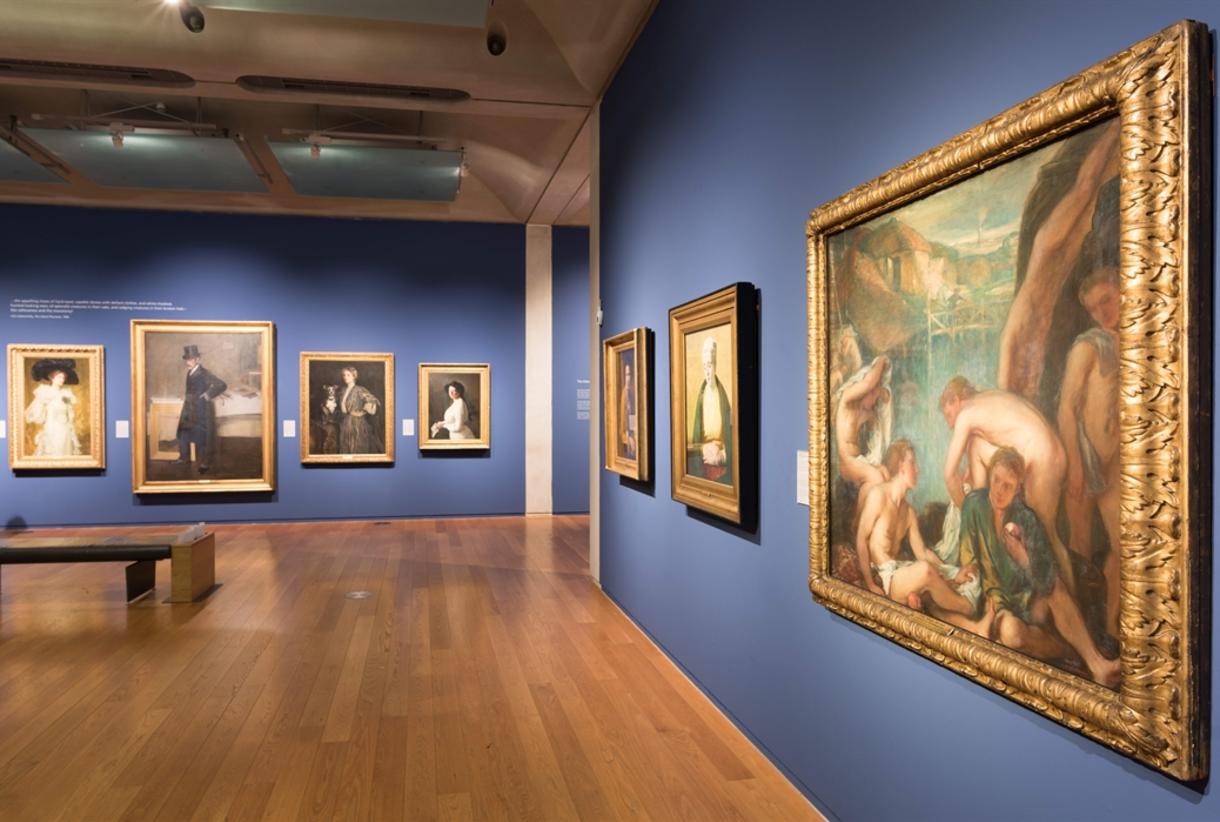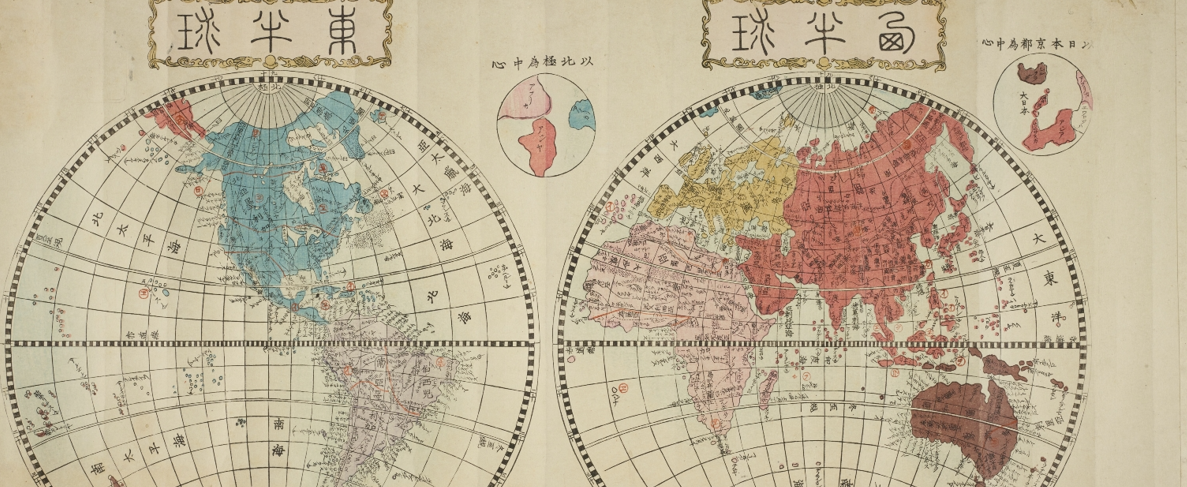Discover the Japanese treasures hidden in Manchester
Manchester’s vibrant cultural landscape is home to an array of remarkable Japanese artifacts, each offering a fascinating glimpse into the artistry, history, and spirituality of Japan. From ancient bells to delicate incense burners, Manchester’s collections provide a unique bridge between two cultures. Here’s a closer look at four notable highlights you can find across the city:

Incense Burner at Manchester Museum
The Manchester Museum hosts a stunning Japanese Incense Burner, or kōro, showcasing the sophisticated metalwork and design that Japanese artisans have perfected over centuries. Incense burners have long played a vital role in Japanese culture, used in Buddhist rituals, tea ceremonies, and daily life to purify spaces and create an atmosphere of contemplation.
The Manchester Museum proudly displays a grand Meiji-era Japanese incense burner. Crafted during the Meiji period (1868–1912), it was likely commissioned for Japan’s participation in international exhibitions. Initially dismantled and stored for over 65 years, it was rebuilt from fourteen bronze parts weighing around 0.7 tonnes. It now stands majestically at 3.7 metres (12 ft) tall in the museum’s newly redesigned foyer.

Japanese Art at Manchester Art Gallery
The Manchester Art Gallery is a treasure trove of global art, and its Japanese collection is no exception. The gallery’s collection explores the history and influences of Japanese design, including traditional techniques like wabi-sabi and contemporary minimalism. From delicate ceramics to vibrant prints, these pieces not only reveal the technical skill of Japanese artists but also highlight the deep connection between art and nature in Japan.
In 2015, Manchester Art Gallery held the “Modern Japanese Design” Exhibition. Located in the converted Athenaeum theatre, this showcase featured 32 designers with over 100 pieces drawn entirely from the gallery’s permanent holdings. It demonstrated how Japanese artists respect natural materials while integrating technological advancements, presenting items like origami-inspired recycled plastic lamps and laminate furniture.
Over the years, the gallery has homes specialised exhibitions celebrating Japanese creativity, including Ceramics by Yasuko Sakurai and Ikuko Iwamoto, Glasswork by Keiko Mukaide and Ayako Tani and Furniture and lighting designs by Shiro Kuramata, Masanori Umeda, and Toyo Ito.

Japanese Map Collection at John Rylands
Housed within the breathtaking John Rylands Library, the Japanese Map Collection offers a fascinating glimpse into how Japan understood and represented its world in the past. The Japanese map collection was originally assembled by the 25th Earl of Crawford in the 1860s–1870s and acquired by the library in 1901, with a major digitisation project starting in 2016.
The Manchester Digital Collections now holds about 60 items, including maps, atlases, and related topographical materials, mostly printed in Japan during the Tokugawa/Edo era (1603–1868), with some later examples up to the late 19th century.

Bonsho Bell at Chetham’s Library
At Chetham’s Library in Manchester, you’ll find a Japanese Buddhist Bonsho Bell, traditionally used in Japan’s temples to summon monks to prayer and mark the passing of time with its resonant tone, which carries across great distances. These bells have played a vital role in Buddhist ceremonies and are steeped in folklore, such as the stories of the ‘Benkei Bell of Mii-dera’ and ‘The Bell of Hōkō-ji’.
While the exact date of this Bonsho is unknown, it was likely acquired in the 1920s, influenced by Assistant Librarian Joseph Phelps, who was fascinated by Japan and donated his collection of slides from his travels. The bell has continued to be a part of Manchester’s cultural life, notably ringing out in 2019 during the ‘Bells for Peace’ opening ceremony of the Manchester International Festival, resonating through Cathedral Gardens and symbolising peace and reflection.
